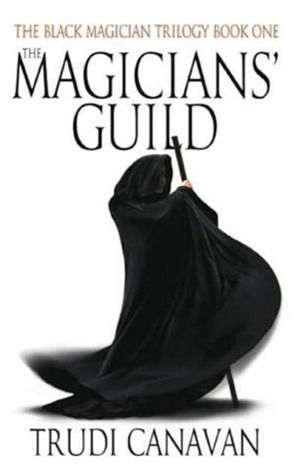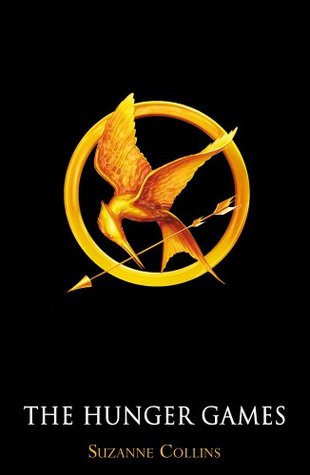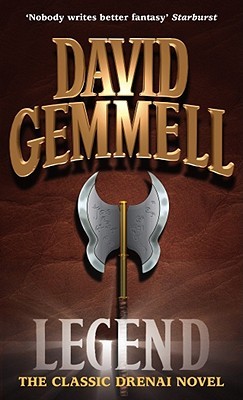The second instalment in The Lunar Chronicles quartet, Scarlet
sees Marissa Meyer return in exceptional form to her re-imagined,
futuristic fairytale world. The first book in the series, Cinder, concluded with the titular character interned in a New
Beijing jail awaiting execution at the hands of the malevolent Queen Levana and
Scarlet picks up the story with the
unwilling fugitive hatching plans to free herself.
Lunar plans, however, are not limited to the execution
of a deserter, and thousands of miles away in France ,
Scarlet, a young farmhand, is about to find herself embroiled in an adventure
that reaches far beyond her quiet town of Rieux
With Cinder
the author had already proven her ability to rework classic fairytales into
engaging adventures for a modern audience, and she takes things a step further
with Scarlet. Seamlessly, integrating
the Cinderella and Red Riding Hood tales in her own unique style, Meyer offers
a story that is both nostalgic and original. Scarlet offers a clever twist on the roles and relationships of
classic characters, providing an engaging world that teases and encourages the
reader to become involved with the story.
Ultimately it is the author’s ability to engage
the reader that marks Scarlet and by
extension The Lunar Chronicles series
for significance. The book is a fairly easy, light read, sure to entertain both
young adult and fantasy audiences; leaving them wanting more.









